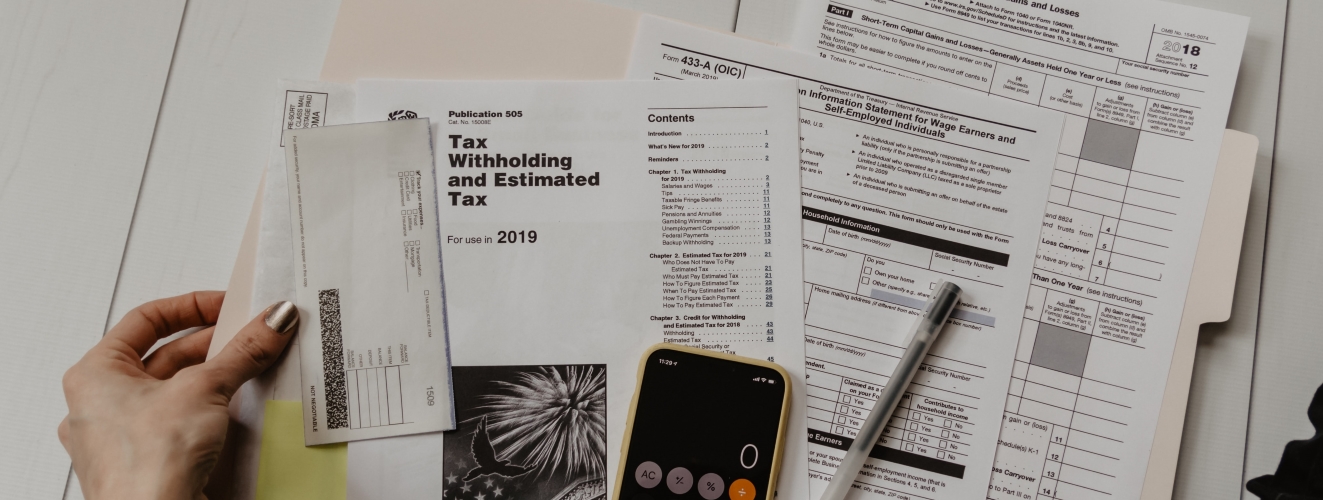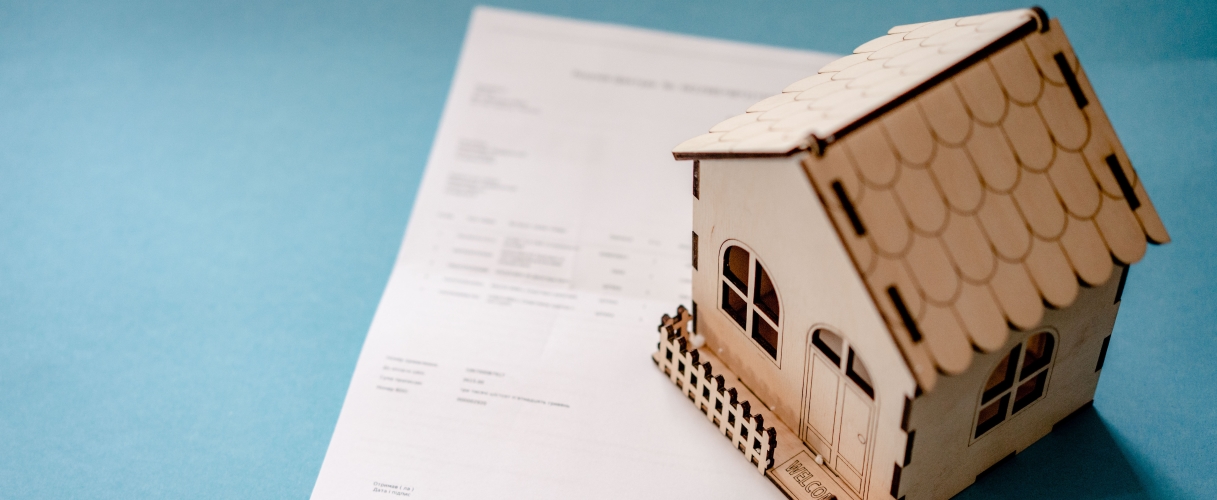
How Much Can I Afford to Spend on a Home? Your First-Time Buyer’s Guide
Congratulations on taking the exciting step toward homeownership! As a first-time home buyer, one of the most crucial questions you may have is, “How much can I afford to spend on a home?” Finding the answer can be both exhilarating and nerve-wracking. Don’t worry, though, because in this blog post, we’ll guide you through the process. Let’s dive in!
Step 1: Evaluate Your Finances
Before you start envisioning your dream home, it’s essential to have a clear understanding of your financial situation. Take these action steps to evaluate your finances:
- Review Your Income and Expenses:
Begin by examining your monthly income and all your regular expenses, including bills, groceries, transportation, and debt payments. Be thorough and realistic about your financial commitments. - Calculate Your Debt-to-Income Ratio:

Lenders typically use the debt-to-income (DTI) ratio to determine how much mortgage you can afford. Add up all your monthly debt payments and divide them by your gross monthly income. Aim for a DTI ratio below 43%, although some lenders may have different guidelines. - Consider Your Down Payment and Closing Costs:
Saving for a down payment is a crucial part of buying a home. Determine how much you can comfortably set aside for a down payment and factor in potential closing costs, which typically range from 2% to 5% of the home’s purchase price. Use Financial Calculators (withwre.com) for some additional tools.
Step 2: Get Pre-Approved by a Lender
Knowing your affordability is key to a successful home buying journey. Taking these steps will help you gain a realistic understanding of your buying power:
- Research Different Mortgage Options:
Educate yourself about the various mortgage options available. Fixed-rate mortgages offer stability, while adjustable-rate mortgages can provide flexibility. Compare interest rates, loan terms, and down payment requirements to find the best fit for your needs. - Gather Your Financial Documents:
Lenders will require documentation to assess your eligibility. Collect important documents such as pay stubs, tax returns, bank statements, and any other financial records they may request. - Get Pre-Approved for a Mortgage:
Consult with a reputable lender and seek pre-approval. This process involves the lender evaluating your financial information and issuing a pre-approval letter, which indicates the maximum loan amount they are willing to lend you. This letter strengthens your position as a serious buyer when making an offer on a home.
Step 3: Consider Your Comfort Level and Long-Term Goals
While affordability is a crucial factor, it’s essential to consider your personal comfort level and long-term goals:
- Set a Monthly Budget:
Use your financial evaluation and pre-approval amount to establish a realistic monthly budget. Ensure that your mortgage payment, including principal, interest, taxes, and insurance (PITI), fits comfortably within this budget. - Account for Future Expenses:
Consider any upcoming life changes or future financial goals. Will you be starting a family, pursuing further education, or planning a career change? Be mindful of these factors and how they may impact your ability to afford your home in the long run. - Don’t Stretch Beyond Your Means:
While it can be tempting to push your budget to the limit, it’s important not to overextend yourself financially. Owning a home should enhance your life, not cause undue stress. Give yourself some breathing room and choose a home that allows you to enjoy the journey of homeownership without sacrificing your overall financial well-being.
By following these action steps, you can confidently answer the question, “How much can I afford to spend on a home?” Remember, buying a home is a significant milestone, and it’s essential to make a decision that aligns with your financial goals and personal comfort level. Seek guidance from a trusted real estate agent and mortgage professional who can provide personalized advice throughout the process. Check out additional homebuyer resources Buying Your First Home – Sarah Rosado (withwre.com) Happy home hunting!


 Facebook
Facebook
 X
X
 Pinterest
Pinterest
 Copy Link
Copy Link
